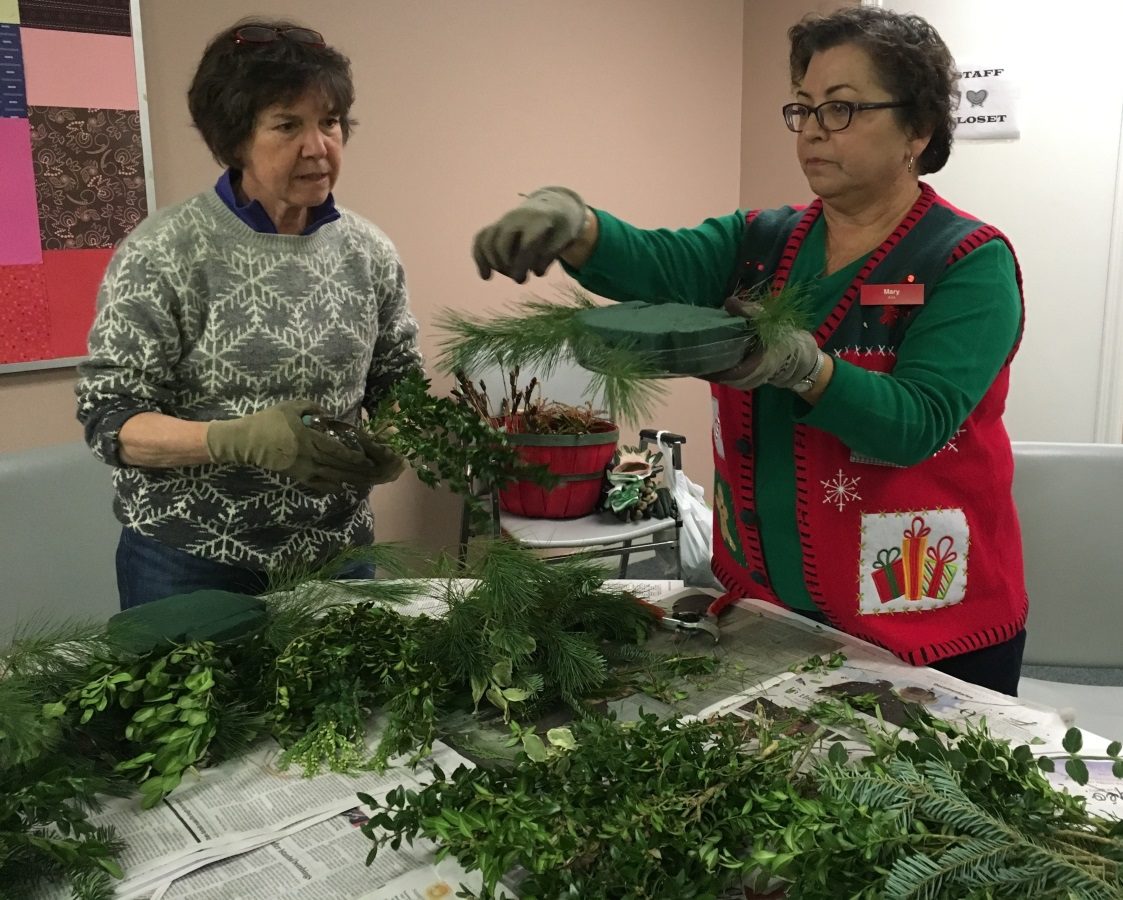
We strive to ensure members of our communities’ age in their homes longer but we know we could not do that without also providing stability for working caregivers. To end National Caregiver Month, we’d like to recognize the caregivers that provide love and support to family and friends.
According to the National Alliance for Caregiving and AARP, 34.2 million Americans provide unpaid care to an adult over 50, with 82 percent providing care for one other adult, and 16.6 percent providing care for an adult with a disability or illness. As more Americans find themselves in the role of caregivers, here are three things that can help you navigate the challenges of caregiving.
- Don’t go it alone – Just because you take on the role of caregiver does not mean you are giving up another part of your life. You may still be working and caring for other members of your family. It can be a stressful adjustment to adding caring for a parent or another adult but there is support available. Caregivers need to socialize with others, especially those who understand and face the same challenges. A local caregiver support group allows you to learn tips from other caregivers, share experiences and get to know those in your community. At CESI, we work with local councils on aging to provide support groups to families in our communities. To find a support group near you here in Massachusetts, you can locate your nearest council on aging here.
- Make time for you – Adding more responsibility to your already busy schedule may not seem like the time to prioritize yourself, but it is. Take a fifteen minute walk, keep up with a hobby that brings you joy, socialize with friends, anything that helps you support your physical and mental health will help you be a better caregiver.
- Find the positive – Research shows when we focus on things we are grateful for, it’s helpful for the mind, body and spirit. Find something every day that makes you smile, laugh or grateful. It can be something as simple as a walk outside, a beautiful sunset, your loved one’s laugh, or a warm cup of tea at the end of the day.
If you are new to caregiving or have been caregiving for a long time, we thank you for all that you do. We’re dedicated to helping you find caregiving a rewarding and supportive experience.


